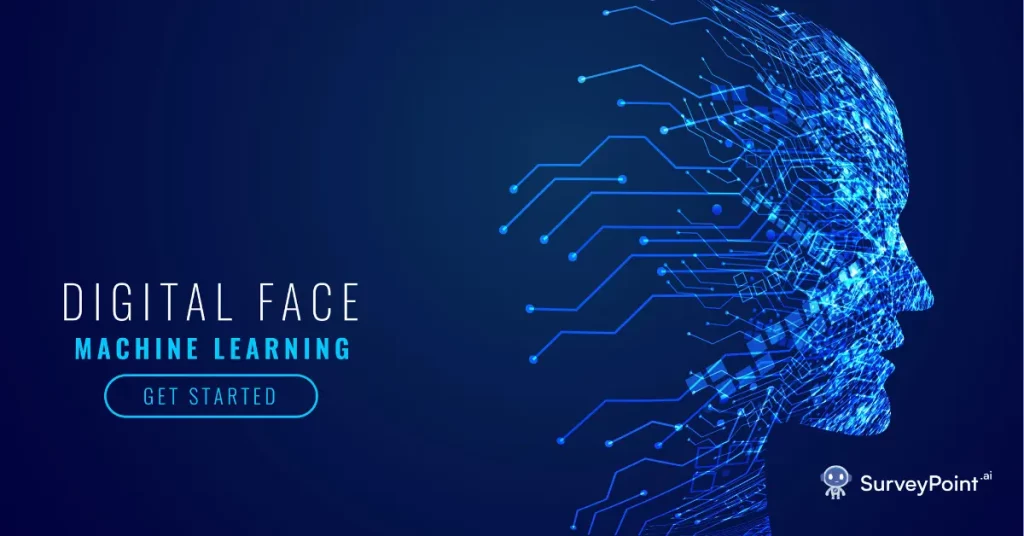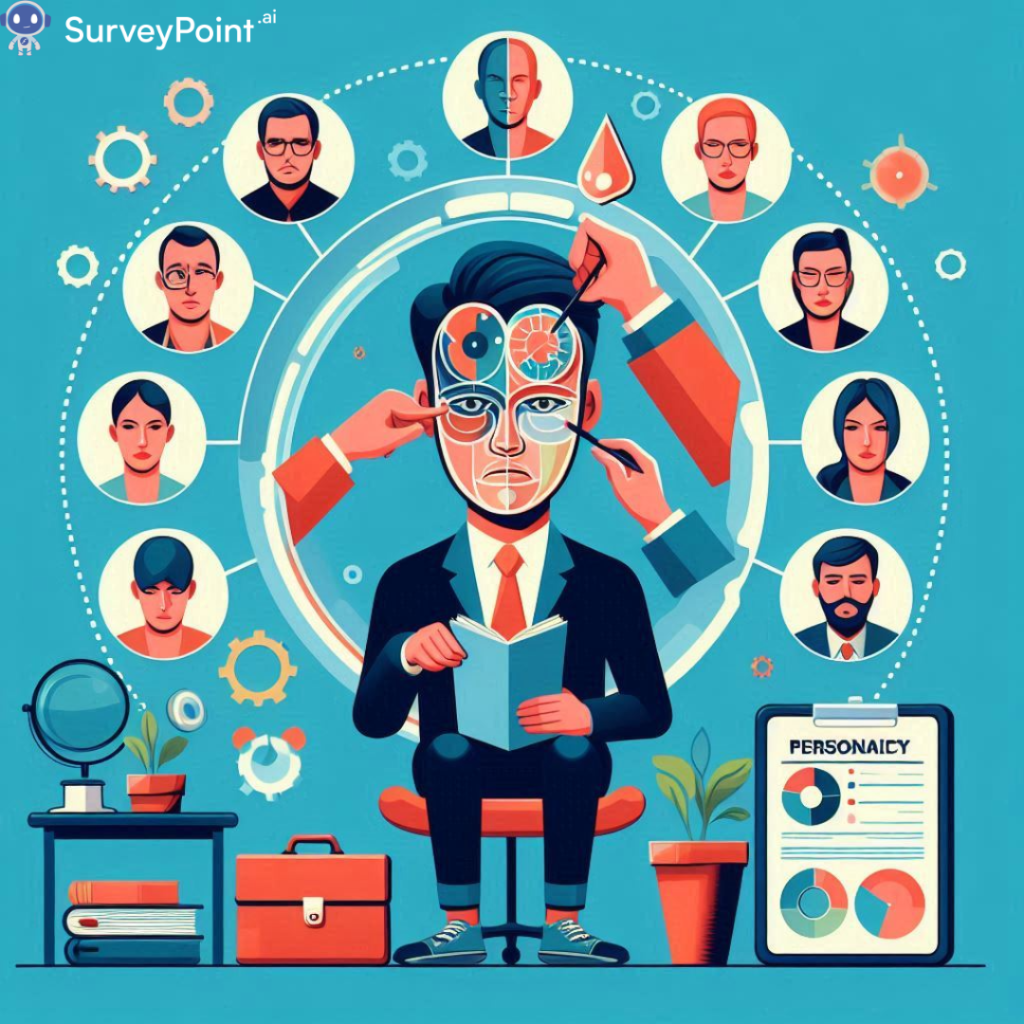
In recent years, Machine Learning (ML) has emerged as a groundbreaking technology, revolutionizing various industries and reshaping the way we perceive and interact with data. This blog aims to unravel the essence of machine learning, explore its latest developments, delve into recent trends, and elucidate why it has become increasingly significant in today’s technological landscape.
What is Machine Learning?
Machine Learning is a subset of artificial intelligence (AI) that enables systems to automatically learn and improve from experience without being explicitly programmed. In simpler terms, it allows computers to analyze data, recognize patterns, and make informed decisions without human intervention. This learning process involves algorithms that iteratively learn from data, allowing them to improve performance over time.
Recent Trends in Machine Learning:
1. Deep Learning Dominance:
Deep learning, a subfield of machine learning, has witnessed unprecedented growth. Neural networks with multiple layers (deep neural networks) have proven to be exceptionally effective in tasks such as image and speech recognition, natural language processing, and autonomous vehicles.
2. Federated Learning:
Privacy concerns have led to the rise of federated learning, a decentralized approach where machine learning models are trained across multiple devices or servers holding local data. This enables learning without exchanging raw data, preserving privacy and security.
3. Explainable AI (XAI):
As ML models become more complex, there is an increasing need for transparency and interpretability. Explainable AI aims to make machine learning models more understandable, allowing users to comprehend and trust the decisions made by these systems.
4. Edge Computing Integration:
Bringing machine learning capabilities to edge devices has become a prominent trend. This allows for faster processing, reduced latency, and enhanced efficiency, making it especially crucial for applications in real-time decision-making.
5. Reinforcement Learning Advancements:
Reinforcement learning has gained momentum, particularly in fields like robotics and gaming. Advanced algorithms are now capable of mastering complex tasks by trial and error, resembling how humans learn through experience.
Why is Machine Learning Becoming Significant?
1. Data Explosion:
The exponential growth of data is one of the primary drivers behind the significance of machine learning. With vast amounts of data being generated daily, traditional methods of analysis and decision-making have become impractical.
2. Improved Processing Power:
Advancements in hardware, especially GPUs (Graphics Processing Units), have significantly enhanced the processing power required for complex machine learning algorithms. This has accelerated the development and deployment of more sophisticated models.
3. Increased Accessibility of Data:
The digital age has made vast amounts of data accessible, providing machine learning algorithms with diverse datasets to learn from. This accessibility allows for the creation of robust and generalized models.
4. Business Competitiveness:
Organizations are increasingly leveraging machine learning to gain a competitive edge. From optimizing operations to personalizing customer experiences, ML is a key enabler for businesses seeking efficiency and innovation.
5. Automation and Efficiency:
Machine learning automates repetitive tasks, allowing human resources to focus on more complex and creative endeavors. This results in increased efficiency and productivity across various industries.
Top 10 Innovations in Machine Learning in 2024:
1. Quantum Machine Learning:
The intersection of quantum computing and machine learning is poised to revolutionize the field, offering unprecedented processing capabilities that can handle complex computations at an exponential speed.
2. Synthetic Data Generation:
Synthetic data is becoming a game-changer, especially in situations where acquiring real-world data is challenging or costly. Generative models can create realistic datasets, enhancing the training of machine learning models.
3. AI-driven Drug Discovery:
Machine learning is transforming the pharmaceutical industry by expediting the drug discovery process. Algorithms analyze biological data to identify potential drug candidates, significantly reducing the time and resources required.
4. Continuous Learning Systems:
Traditional machine learning models were often static, requiring periodic updates. Continuous learning systems adapt and evolve in real-time, enabling them to stay relevant in dynamic environments.
5. Automated Machine Learning (AutoML):
AutoML platforms are simplifying the machine learning process by automating tasks such as model selection, hyperparameter tuning, and feature engineering. This democratizes machine learning, making it accessible to a broader audience.
6. Human Augmentation:
Machine learning is being employed to enhance human capabilities, leading to the development of AI-assisted tools that amplify decision-making, creativity, and problem-solving skills.
7. Emotional AI:
Advancements in natural language processing and sentiment analysis have paved the way for Emotional AI, enabling machines to understand and respond to human emotions. This has applications in customer service, mental health, and human-computer interaction.
8. Augmented Reality (AR) and Machine Learning Integration:
AR applications are benefiting from machine learning algorithms that enhance object recognition, spatial mapping, and interaction, providing more immersive and intelligent experiences.
9. Responsible AI:
Ethical considerations are gaining prominence in the development and deployment of machine learning models. Responsible AI practices focus on fairness, transparency, and accountability to ensure that algorithms do not perpetuate biases or harm users.
10. Neural Architecture Search (NAS):
NAS automates the design of neural network architectures, optimizing their structure for specific tasks. This innovation accelerates the development of efficient and effective deep learning models.
Importance of These Developments:
1. Addressing Complex Challenges:
Innovations like quantum machine learning and automated drug discovery tackle complex problems that were previously insurmountable. These advancements have the potential to revolutionize fields critical to human well-being.
2. Democratizing Machine Learning:
AutoML and continuous learning systems are making machine learning more accessible to individuals and smaller organizations, breaking down barriers and fostering innovation across diverse sectors.
3. Enhancing User Experience:
The integration of emotional AI and AR with machine learning is enhancing user experiences by creating more intuitive, personalized, and emotionally responsive applications.
4. Ensuring Ethical Practices:
Responsible AI practices are essential for building trust in machine learning systems. As these technologies become integral to decision-making processes, ensuring fairness and transparency is paramount.
5. Advancing Human-Machine Collaboration:
Human augmentation and the integration of AI-driven tools empower individuals to achieve more, fostering a symbiotic relationship between humans and machines that amplifies capabilities on both sides.
Conclusion:
As we traverse the landscape of machine learning, it is evident that the field is evolving at an unprecedented pace. The latest innovations in 2024 are not merely technological advancements; they represent a paradigm shift in how we approach challenges, make decisions, and interact with the digital world. Machine learning’s significance lies not only in its ability to process vast amounts of data but also in its transformative potential across various domains, shaping the future in ways we are only beginning to fathom.
As we embrace these innovations, it is crucial to remain vigilant, ensuring that the ethical considerations of responsible AI guide us towards a future where technology serves humanity with transparency, fairness, and accountability.




